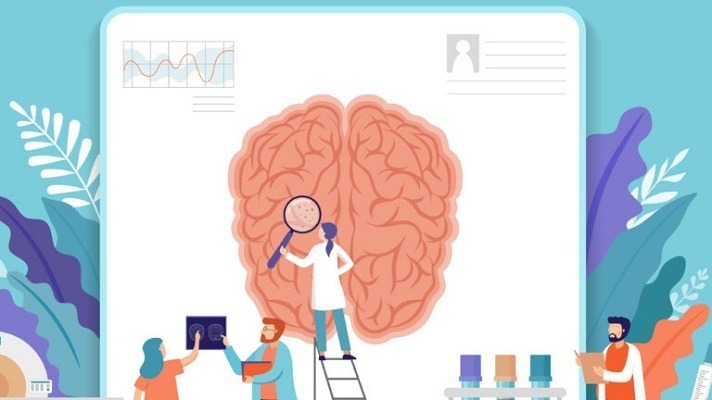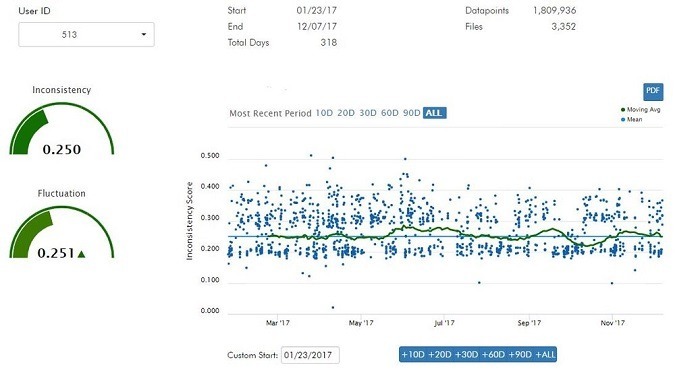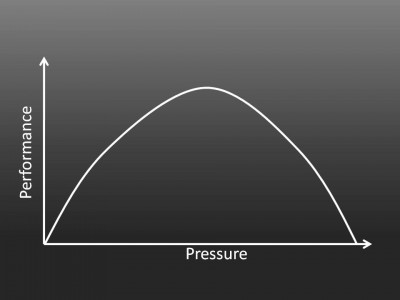Posts Tagged ‘quick brain teaser’
Welcome to the Ultimate Neuroscience Lab: Your Smartphone
Welcome to a new edition of SharpBrains’ e‑newsletter, featuring this time six scientific reports and industry resources plus a fun illusion. #1. Top 10 Mental Health Innovations to Watch: Special SciAm/ WEF report Hoping you enjoy the great series over at Scientific American and especially #7, titled Welcome to the Ultimate Neuroscience Lab: Your Smartphone,…
Read MoreQuick brain teaser to prove the limits of multitasking
How often do you discuss office gossip via chat while participating in a Zoom meeting? Or read a great article while talking on the phone with a client? Or, wait, think about work problems while helping your child with homework? Yup, it is not easy to stay focused and be truly productive.
Read MoreQuick brain teaser: Which train is going the wrong way?
___________ In the image above –courtesy of Heathrow Express– you can see 27 trains on the tracks. Quick. Can you spot the outlier?
Read MoreQuick brain teaser to determine your stress levels
____________________ Are you ready for Monday and the new workweek? Here’s a quick test to assess your stress levels. Please read this paragraph carefully before clicking on the link below. The picture below was used in a case study on stress levels at St. Jude’s Hospital.
Read MoreUpdate: Why monitoring Typing Cadence may help detect early Parkinson’s and Alzheimer’s Disease
_____ Time for SharpBrains’ first eNewsletter in 2018, offering a fascinating sneek peek into the rapidly growing toolkit to measure and improve brain health. (And don’t miss the fun teaser at the end!) New thinking: Brainnovations Winner Jan Samzelius on why monitoring Typing Cadence may help detect early Parkinson’s and Alzheimer’s Disease Firms Race to Find…
Read MoreTest your stress level with this quick brain teaser
Here’s a quick test to determine your stress level. Read the following description completely before looking at the picture linked below. The picture was used in a case study on stress levels at St. Mary’s Hospital. Look at both dolphins jumping out of the water. The dolphins are essentially identical. A closely monitored, scientific study revealed that,…
Read More





